The age debate: The battle behind raising or lowering the Territory’s age of criminal responsibility
As the CLP pushes to lower the age of criminal responsibility in the Northern Territory, some organisations are fighting back and trying to raise the age. Read why.
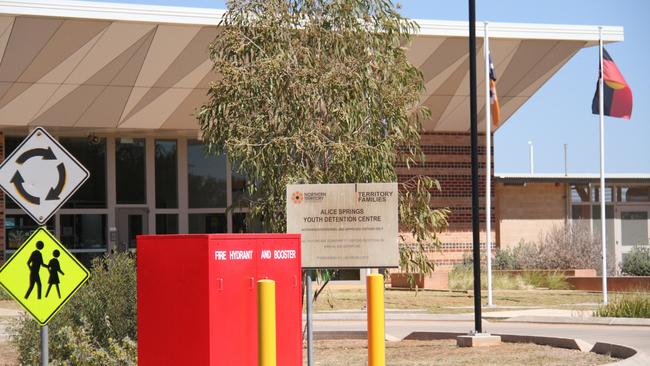
News
Don't miss out on the headlines from News. Followed categories will be added to My News.
A campaign to raise the Territory’s age of criminal responsibility is a “left wing socialist philosophy”– according to a man whose wife and daughter were assaulted in the Red Centre – while supporters see it as a means to break the cycle of incarceration.
Currently, under Northern Territory law, children aged 12 can be held criminally responsible for their actions.
With the Territory election only two weeks away, Amnesty International Australia is campaigning to raise the age of criminal responsibility to 14.
Uncle Rodney Dillion and Kacey Teermna from Amnesty International said they’re campaigning to raise the age because “it’s essential from a human rights perspective”.
“It ensures that children are treated with dignity and compassion,” they said.
“It aligns with international human rights standards, protecting children from the severe and lifelong impacts of criminalisation and incarceration.”
To Childrens Ground chair and Arrernte man William Tilmouth – who supports Amnesty’s call – the age should be raised to 16 “or even more”.
“It’s biased against young people, and ultimately, at the end of the day, I don’t think they understand some of the circumstances that these children are in,” he said.
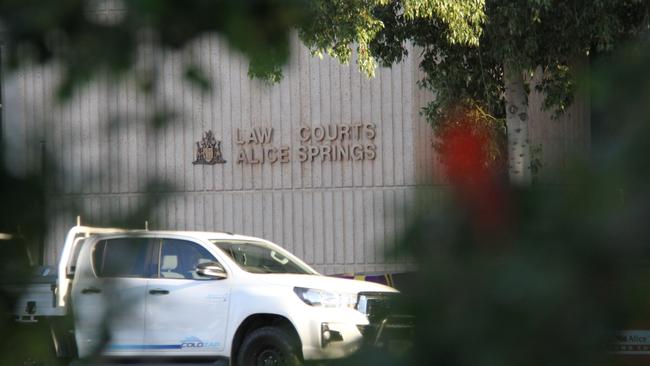
“There’s a lot struggles; the main one – and it’s the worst form of violence – that’s poverty, and these kids have to face that with their families, and overcrowding, illicit drugs, alcohol.”
On the other hand, the CLP wants to revert the age back to 10 – with supporters such as Chris Hopper backing the idea.
Mr Hopper is an ex-cop, who said he used to work in Alice Springs, where his wife and graduate daughter were stationed.
They’d only been in town a week when they were allegedly assaulted on July 7 – with his daughter’s nose and jaw broken in the attack, while his wife had her “glasses punched off her face”, Mr Hopper said.
Speaking on Amnesty International’s proposal, Mr Hopper called it a “left-wing socialist philosophy which will result in the ‘reduction’ of juvenile crime statistics”.
Mr Hopper pointed to Doli Incapax – meaning ‘incapable of wrong’ – which rules children under 14 can only be guilty if proven beyond reasonable doubt they knew what they were doing was wrong.
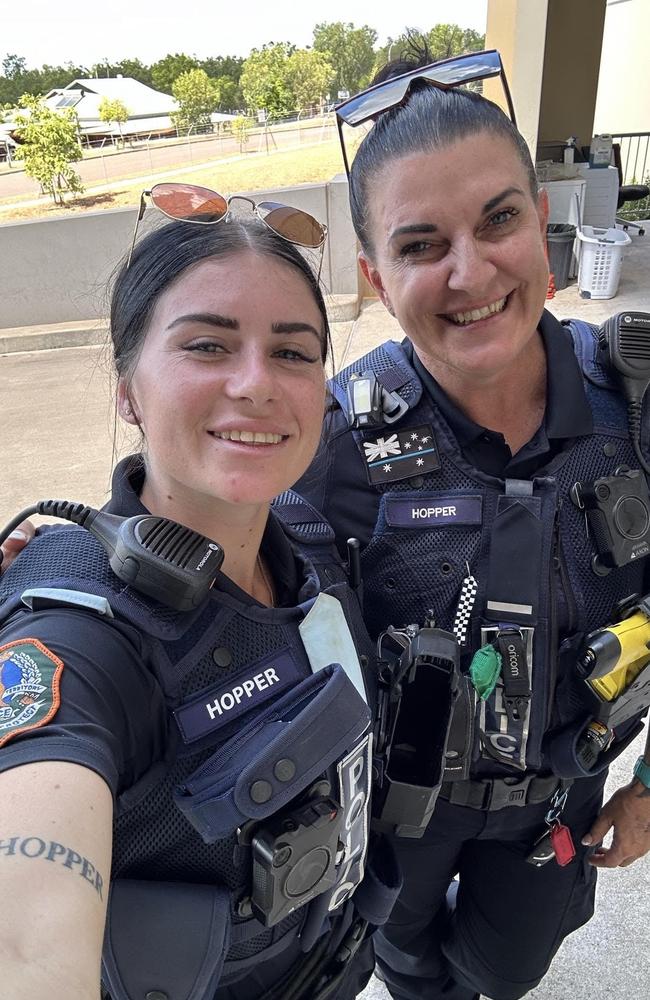
“The direct result we now see is teenagers who have never been corrected for offences committed as juveniles,” Mr Hopper said.
“A recent example can be seen in the 19 and 20 year-olds that (allegedly) bashed my wife and daughter.
Last August the age was raised from 10-years-old, when the Criminal Code Amendment (age of criminal responsibility) bill passed parliament.
CLP Namatjira MLA Bill Yan supports lowering the age to back 10-years-old, but said “this is not about putting kids in detention”.
“Currently, all that can happen if a young person (aged) 10 to 12 commits an offence is that they can be recommended for a diversionary program with no requirement to attend the program,” he said.
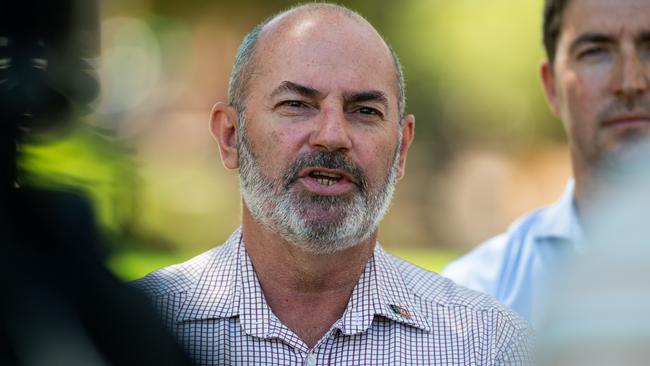
“By lowering the age back an order can be made by the court for the child to attend diversion, or undertake an activity like community service or our sentenced to a skill program.”
Current Northern Territory Police Minister Brent Potter said Labor has no plans to raise the age to 14.
“Reducing crime in the Territory will require hard work in a number of areas, more investment in police, extra resources in education, more tailored youth justice programs to get young people skilled and into a job and better housing across the Territory,” he said.
NT Greens candidate for Braitling Asta Hill – who spent the last decade working as a legal aid lawyer and a prosecutor – said “lowering the age is worst thing we can do for community safety”.
“Instead of being arrested by police, taken to court, and imprisoned, primary school age children should be on country, with their families,” Ms Hill said.
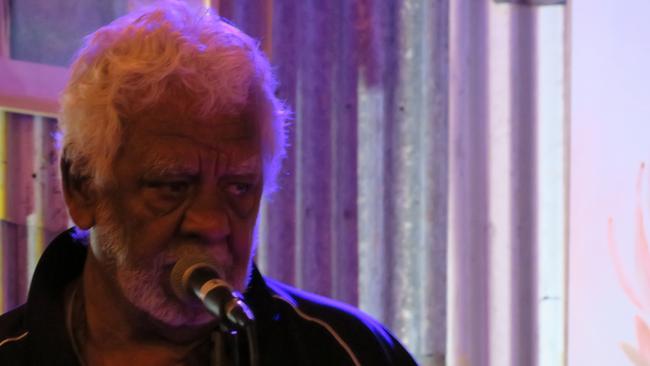
“There are much more effective ways to respond to unlawful behaviour by children. But there’s a lack of political courage to invest in them.
“The Greens will push for things that are proven to work, like mental health and wrap around family supports and on country, community led programs.”
Mr Tillmouth – who spoke at the NT Greens crime and justice policy launch in Alice Springs – echoed a similar point.
“Lowering the age to 10, all you’re doing is feeding a system that doesn’t care about them,” he said.
“I just think that it’s high time that people started a (giving) a little bit more support and working with children a lot more.”
For Mr Hopper – who said his daughter is now finally able to eat some solid food after the attack – there were “many examples” of appropriate and effective correction for children.
“With a robust juvenile justice act in the NT, along with the appropriate police powers and training, juveniles can be dealt with after establishing a ‘requisite capacity’ and can then be corrected by several (effective) means,” he said.
The Territory election will be held August 22.




